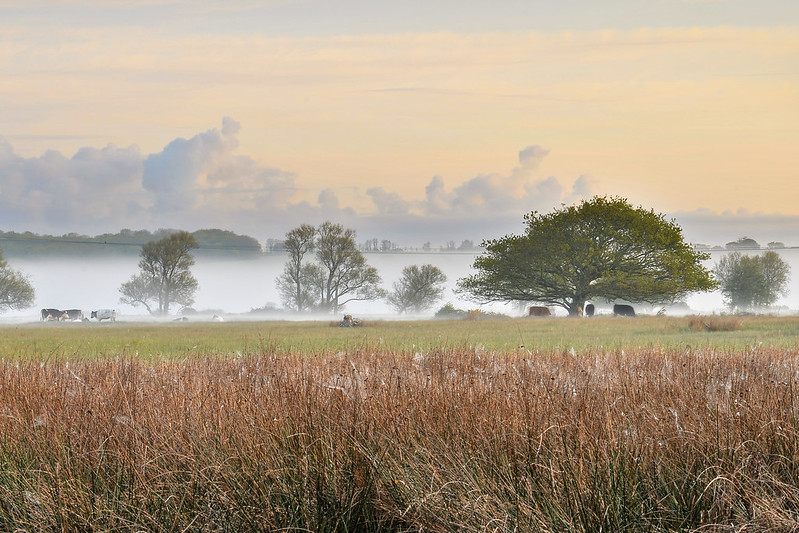
Good News from the Isle of Wight
Here at Wightlink we’ve recently won an award to recognise our commitment to reducing carbon emissions and encouraging environmental initiatives; namely the ‘Communicating Sustainability’ award from the Southern Sustainability Partnership.
With so many negative things happening in the world right now, surely it’s time for some good news? So we’re continuing our mission; here are some of the best sustainability stories about the Isle of Wight from the last few months.
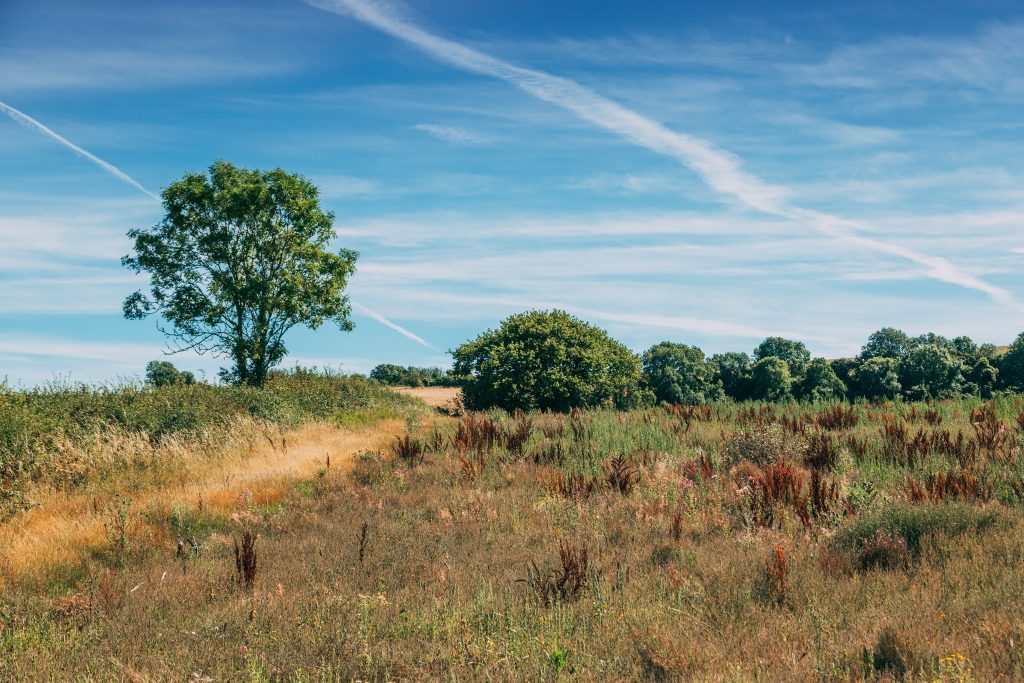
Little Duxmore Rewilding Scheme
Hampshire and Isle of Wight Wildlife Trust purchased a site called Little Duxmore in 2020 and has returned the 40 hectares of former farmland to nature. The site was previously an arable farm that was subject to high levels of fertiliser inputs, growing mainly maize for anaerobic digestion. The land was taken out of intensive agriculture and is being rewilded, allowing nature to take the lead.
The Good News: New results show dramatic improvements to soil quality at this Isle of Wight Rewilding Project and it’s been hailed as “very significant” in the fight against pollution in the Solent. Specialists from the Trust say the scheme has far exceeded expectations and demonstrates the effectiveness of its rewilding project. The results are the first in the UK to show such a significant decrease in soil mineral nitrogen at a rewilding project, with a drop of 47% in just under two years at Wilder Little Duxmore.
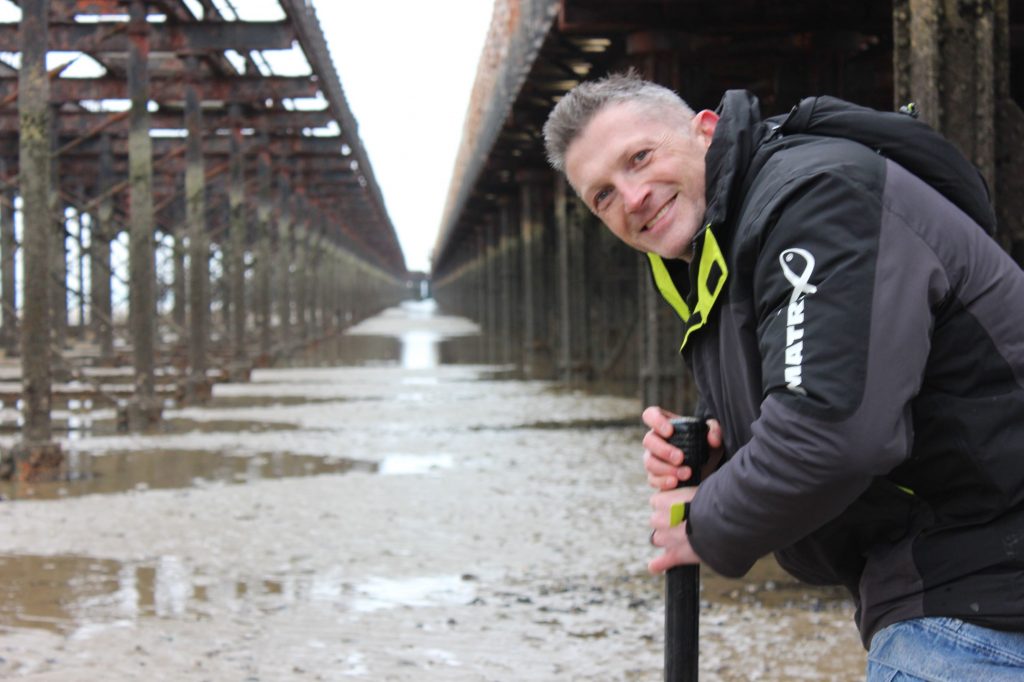
Growing Seagrass in the Solent
Hailed as a natural solution to the climate crisis, seagrass absorbs large volumes of greenhouse gas (CO2) from the atmosphere and stores it as carbon. The dense and vibrant seagrass blades provide important habitat for vulnerable, juvenile and commercially important species, and its loss has led to coastal erosion and has magnified the impacts of storm damage on coastlines.
The Good News: Here at Wightlink we’ve partnered with researchers at the University of Portsmouth who found that seagrass has increased in the area around Ryde Pier, just off the Isle of Wight, by almost 25% in 22 years (1999 to 2021) and now covers 74 hectares.
With active management of the area, the rich seagrass system is expected to grow by nine hectares by 2030, bringing the area known as Ryde Sands to a total of 83 hectares of seagrass. Research is ongoing and below-ground intertidal seagrass carbon data from spring and summer 2022 is also being tested and analysed.
Reintroducing Wildlife to the Isle of Wight
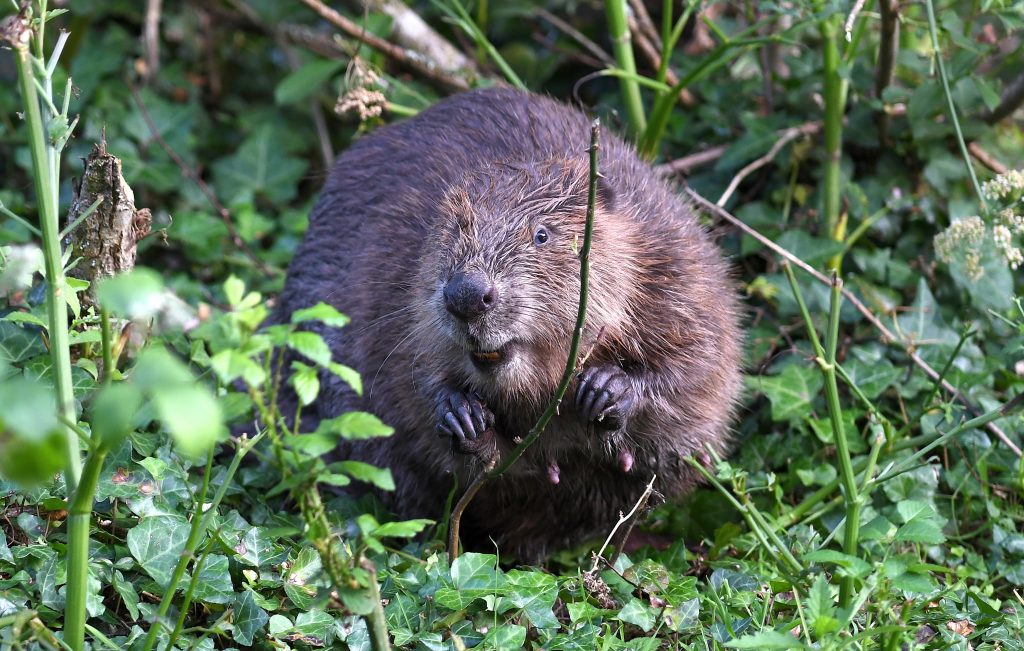
Hampshire & Isle of Wight Wildlife Trust is one of 46 Wildlife Trusts, all standing up for the natural world. They are the nation’s most active and influential nature conservation partnership, protecting wildlife in every part of the British Isles, managing over 60 nature reserves. We work with the Trust to support their efforts on the Isle of Wight and Hampshire mainland.
The Good News: Beavers are now officially recognised as a native species in England and a European protected species – and are therefore set to be released on the Isle of Wight by 2024. The Trust say beavers are key to creating thriving wetland ecosystems – which are critical for climate adaptation – and provide a wealth of benefits for nature and people.
B-Corp Certification for Isle of Wight Distillery
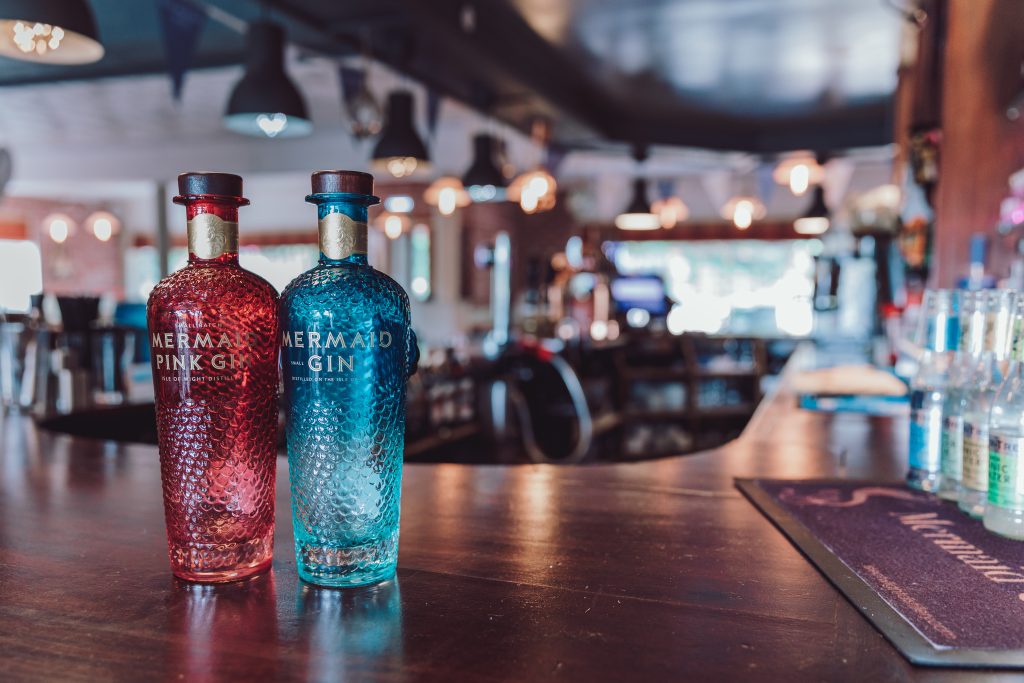
Founded by Xavier Baker & Conrad Gauntlett in 2014, the Isle of Wight Distillery is the island’s first and only distillery and the home of the world-renowned Mermaid Gin. Rooted in the natural landscape of a unique island, the small team distil spirits shaped by their surroundings and the unique character of the Isle of Wight. The team have always been determined to produce premium spirits in a sustainable, community minded way.
The Good News: Isle of Wight Distillery are now officially B Corp certified. This means they meet (and must continue to meet) rigorous standards of social and environmental performance, transparency, and accountability, using business as a force for good. The distillery will be focussing on continuous improvement, striving to do what’s best for their people and their community, the island and the planet.
Electric car hire at Tapnell Farm Park
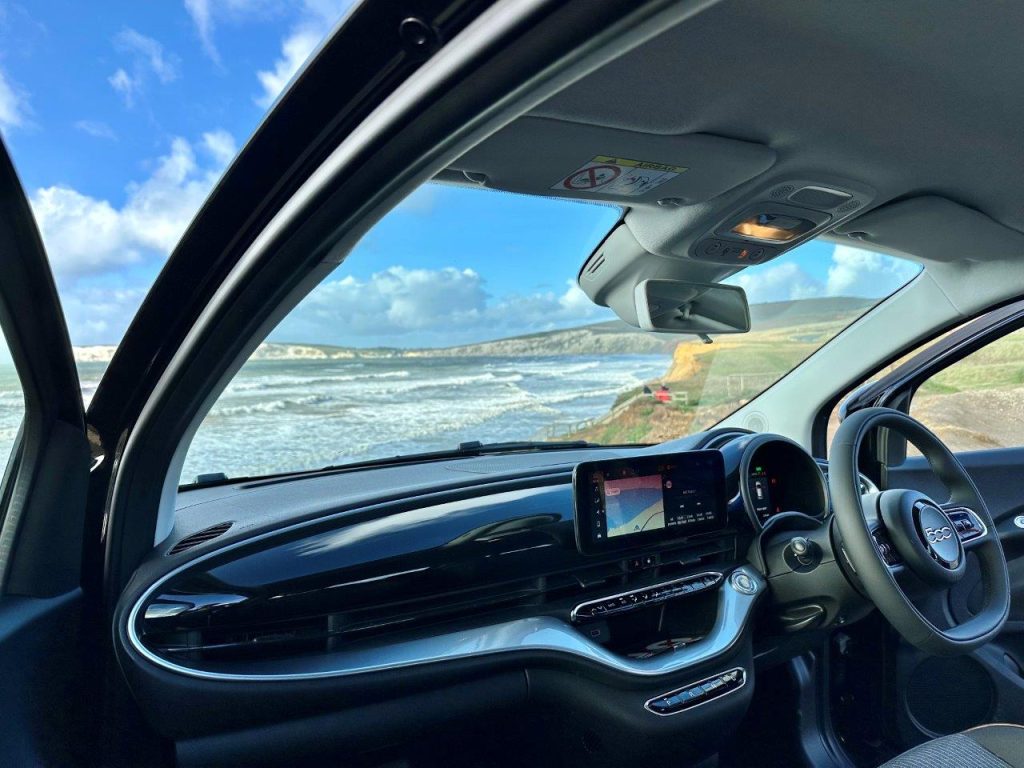
Tom’s Eco Lodge features a range of accommodation including Safari Tents, Wood Cabins, Modulogs, Eco Pods and luxury Geodesic Domes, all nestled in the surroundings of Tapnell Farm Park. One of the Island’s leading ecotourism businesses, Tom’s Eco Lodge already produces electricity from solar panels, heats from a biomass boiler, and plants more than 30 acres of new woodland and hedgerows to support local conservation and rewilding.
The Good News: Electric car hire is now available at Tapnell Farm for visitors on short breaks. Guests will be able to either leave their car at home and travel by public transport to the Isle of Wight when visiting the farm, or to use an electric vehicle to explore the island during a stay at the farm. This latest initiative is in keeping with Tapnell Farm’s environmental values and the ethos to create ‘maximum enjoyment with minimum impact on the environment’.
The Garlic Farm goes organic
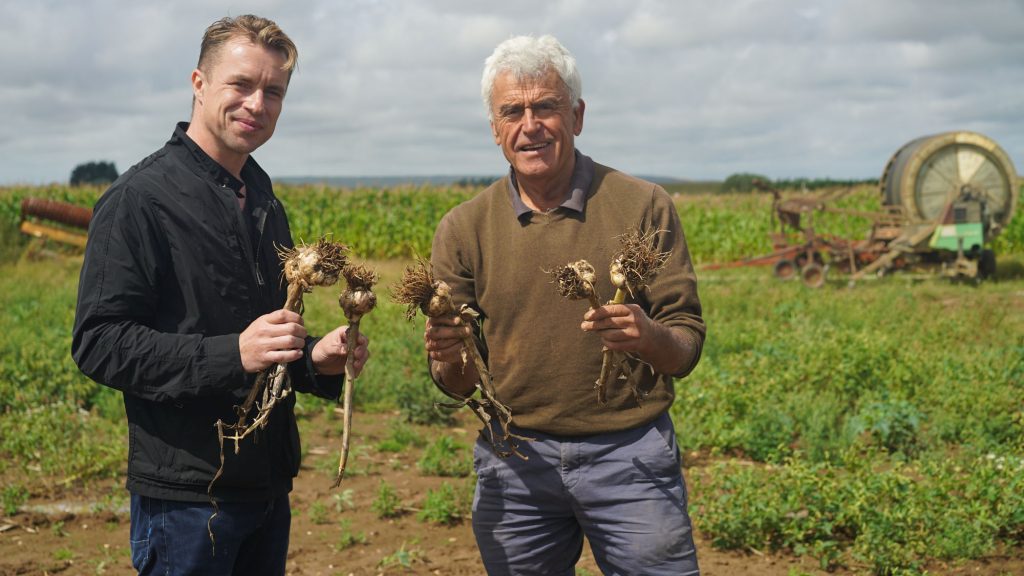
Ever since Granny Norah planted a few cloves in her garden over 60 years ago, the Garlic Farm has been growing. Literally. They’ve spent many years exploring the history of garlic and its origins, experimenting with the many different varieties and creating a range of garlic infused products from garlic mayonnaise to garlicky chutneys and from black garlic beer to garlic ice cream.
The Good News: All of the Garlic Farm’s farmland is now certified organic following a completed accreditation with the Soil Association. The farmland will be regularly and independently inspected to ensure their farming system continues to care for people, animals, and soil health. The first crop of home-grown, certified organic garlic will be harvested in the summer of 2023.
